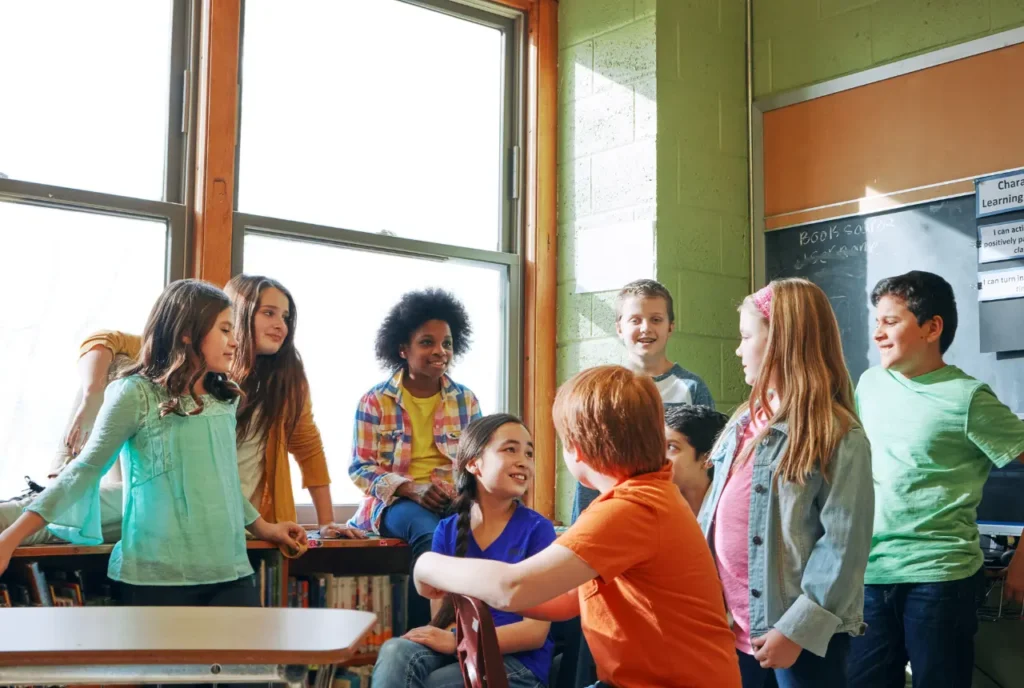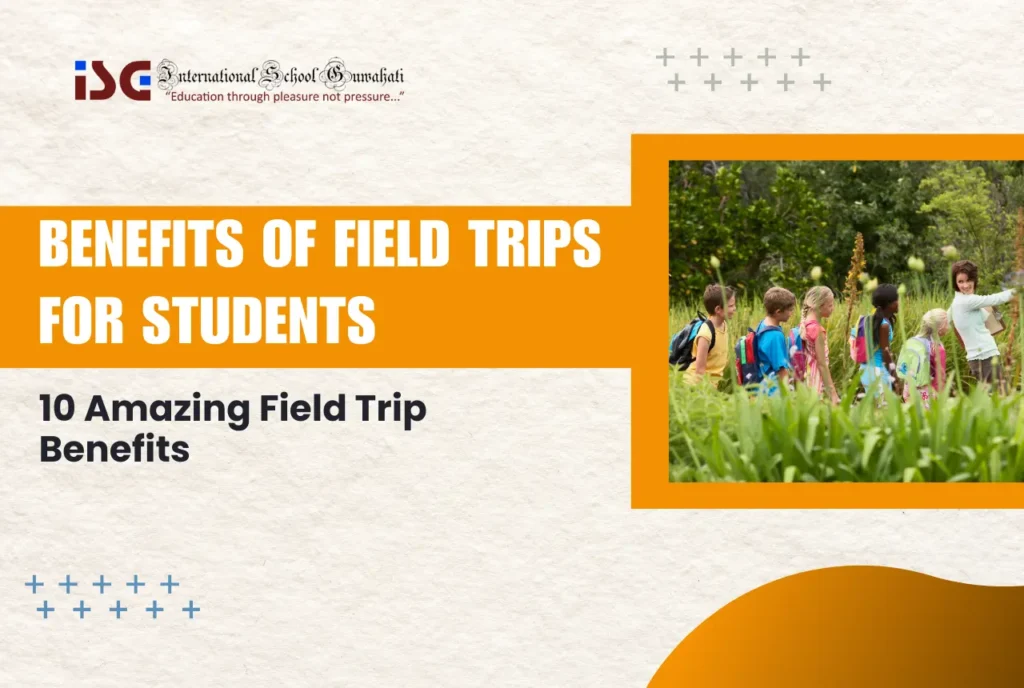Did you know a simple field trip could change the entire educational experience of a child? Field trips play an imperative role in the enrichment of learning by making students discover things that are taking place outside of their classrooms. These excursions not only increase the depth of academic understanding but also develop personal growth, social skills, and a love for lifelong learning.
Today we will attempt to find 10 key benefits of field trips for students that result from taking trips and why these activities are essential components of a comprehensive education.
Why Field Trips Matter for Students’ Growth and Learning
Field trips complement classroom education through:
- Exposing students to actual realities would allow better and greater retention of concepts that have been studied.
- Fostering deeper comprehension through direct interaction with exhibits, making abstract concepts tangible.
- Connecting theoretical knowledge with practical applications.
- Encouraging curiosity and exploration, motivating students to ask questions and seek answers.
- Broadening perspectives and providing insights into diverse cultures and ideas.
Besides having fun, the benefits of the field trips for the students are more than that of enjoyment itself. They are among the important parts of an overall strategy of education aimed at developing well-rounded personalities in the students.
10 Key Benefits of Field Trips for Students
1. Hands-On Learning Opportunities

Field trips can best be described as unique, hands-on learning experiences that directly assist the learner in learning by experiencing it. For example, during a visit to a historical site, students get to touch and feel history, hence relating and remembering much better. Such experiential learning not only increases understanding but also supports concept consolidation in the classroom.
2. Enhanced Engagement and Interest in Subjects
Field trips break the monotonous traditional classroom settings by presenting learning in exciting new ways. The engagement of students through field trips, say to a nature reserve to study ecology or to an art gallery to study art, really revives their interest in learning. This newfound interest and motivating force may then translate into better academic performance.
3. Development of Social Skills and Teamwork

Field trips improve teamwork among peers since students work in groups during activities and discussions. Such an activity affords students a chance to communicate and work together, thereby developing vital social skills so essential in their future personal and professional lives.
4. Better Memory Retention Through Experiential Learning
There is a higher probability that field trip experiences be retained in memory. The experience will be registered permanently in the mind of the student. The function between experience and memory will be valuable to learning.
5. Exposure to Diverse Cultures and Perspectives

On a field trip, students often learn about different cultures, traditions, and lifestyles. Visitors to cultural institutions or any community event help raise awareness and cultivate appreciation toward differences among students coming from diverse backgrounds.
6. Building Curiosity and Critical Thinking
Some of the fundamental experiences that go along with field trips are exposure to various forms of culture, traditions, and lifestyles. Cultural institutions or community events will provide an opportunity for awareness and appreciation of diversity among students from diverse backgrounds and will establish a kind of commitment towards the development of empathy and understanding.
7. Bridging the Gap Between Theory and Practice
Field trips allow school theories to come to life through connection to practical situations. You see, a visit to a manufacturing plant will help illustrate ideas discussed in a class like physics or engineering.
8. Emotional and Psychological Benefits
Field Trips may relieve students of stress but enhance their overall well-being. The excitement of exploring new lands will thus have a positive prospect for learning, which ensures an environment that allows for active participation from the students.
9. Strengthened Teacher-Student Relationships

Field trips offer informal settings that would facilitate a teacher’s interface with students beyond the conventional classroom setting. Such engagements help to strengthen the relationship between them, thus enabling them to hence answer queries or raise concerns from teachers-increasing their chances of obtaining maximum educational benefits.
10. Encouraging Lifelong Learning and Exploration
Field trips can really create a passion for lifelong learning among students. In fact, it makes a student grow further by making them continue exploring more topics beyond their school years as they develop an all-time passion for learning.
How to Maximize the Impact of Field Trips for Students
To make educational field trips useful and applicable, here are some practical tips:
- Set Clear Learning Objectives: Specify what educational goals you meet with the trip- the curricular connections. Decide what students learn as a result of the trip and how this relates to classroom learning.
- Select Relevant Destinations: Select locations that are appropriate to the subjects being studied. This way, the experience of the trip will be appropriate to deliver the intended experiences that help the understanding.
- Involve Parents: Collaboration with parents in the planning process can also bring other support and resources into play for the student experience.
- Pre-trip Preparation: Activities leading up to the trip should fire up previous knowledge or even perk up excitement. This may be in the form of discussions, worksheets, or minimal assignments containing the theme of the trip.
- Hands-on Activities: It include such activities in the trip program that elicit an active response. Examples include scavenger hunts, guided tours, and workshops that consolidate learning objectives.
- Post-trip reflection: After the trip, hold group discussions or assign reflective writing tasks to help them state what they learned. Such reinforces key concepts while connecting their experiences back to classroom learning.
- Evaluate learning outcomes: This should be done by looking at the student’s understanding of the objectives put in place before the journey and obtaining feedback regarding their experience to inform future field trips.
Conclusion: Field Trips as a Vital Part of Holistic Education
Field trips are, therefore, a great opportunity for the enhancement of student’s learning experiences in school. They offer experiential learning opportunities that enrich the academic understanding of learners at the same time as enhancing their personal growth, social skills development, and emotional well-being.
Incorporation of field trips into the curriculum is thus key to ensuring student holistic development that prepares them for leading productive lives inside and outside the classrooms. The embracing of these educational excursions can offer a much-needed change in the nature of more engaging, relevant, and impact-generating experiences with learning for every child.








